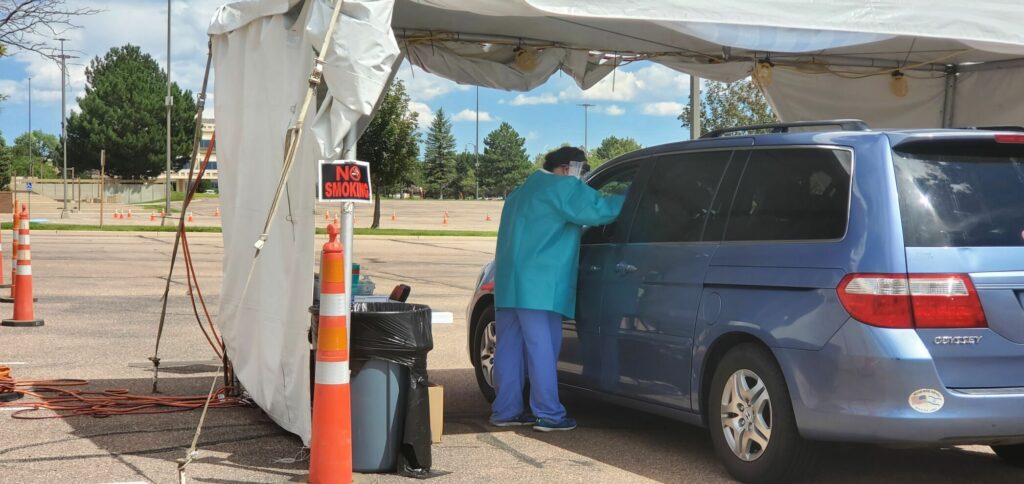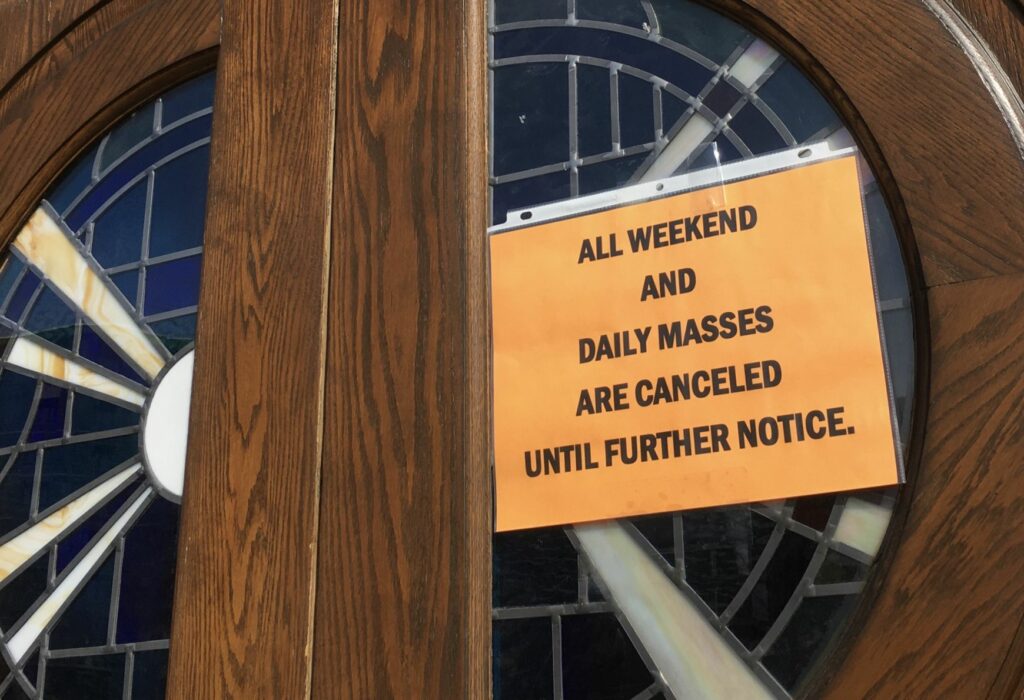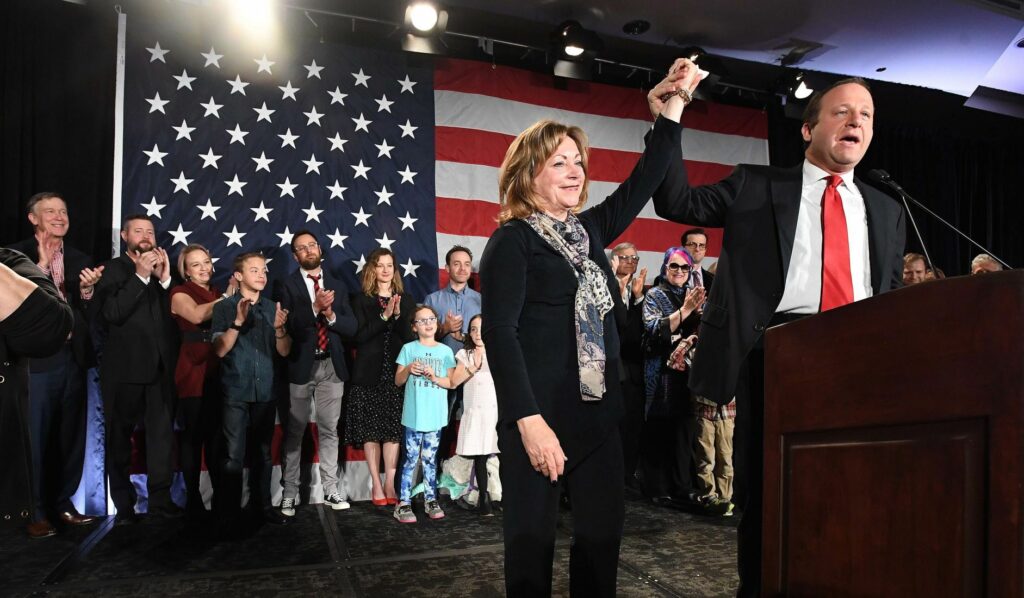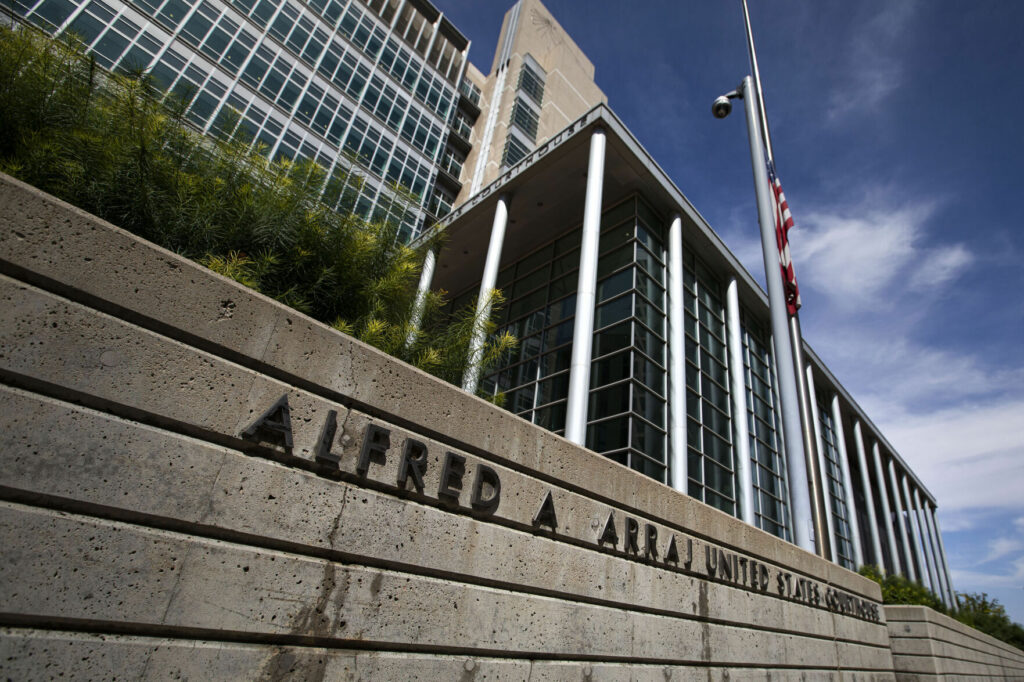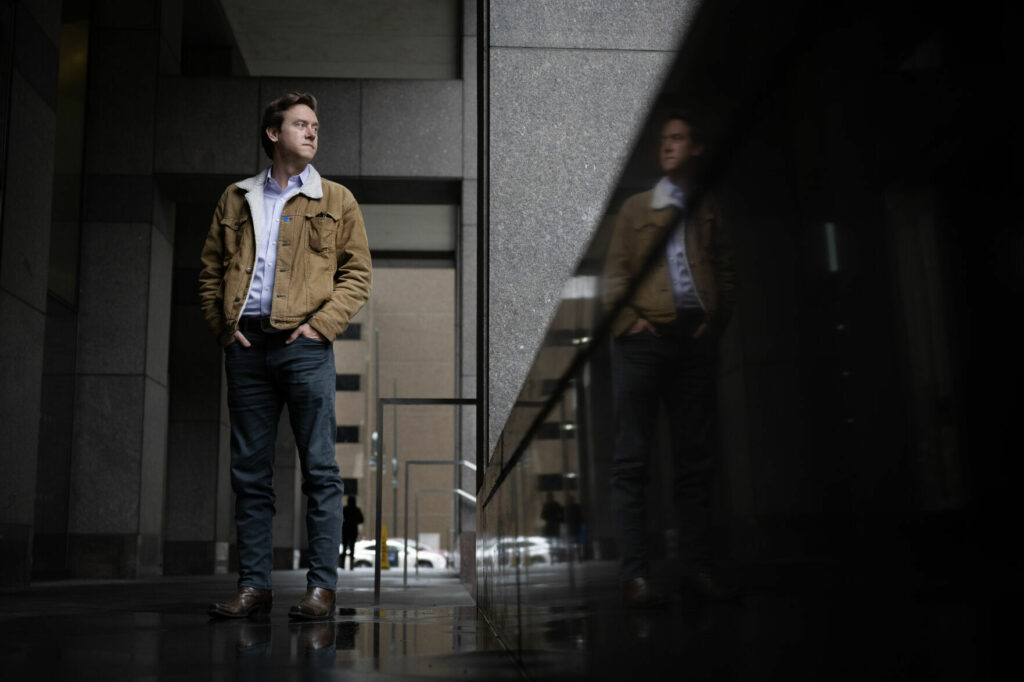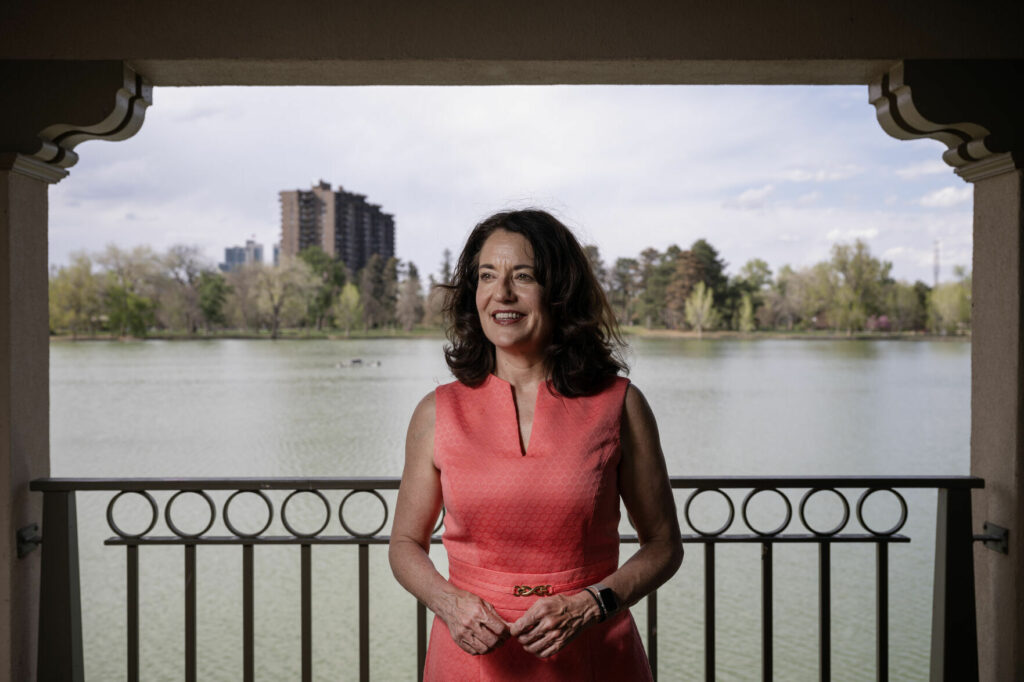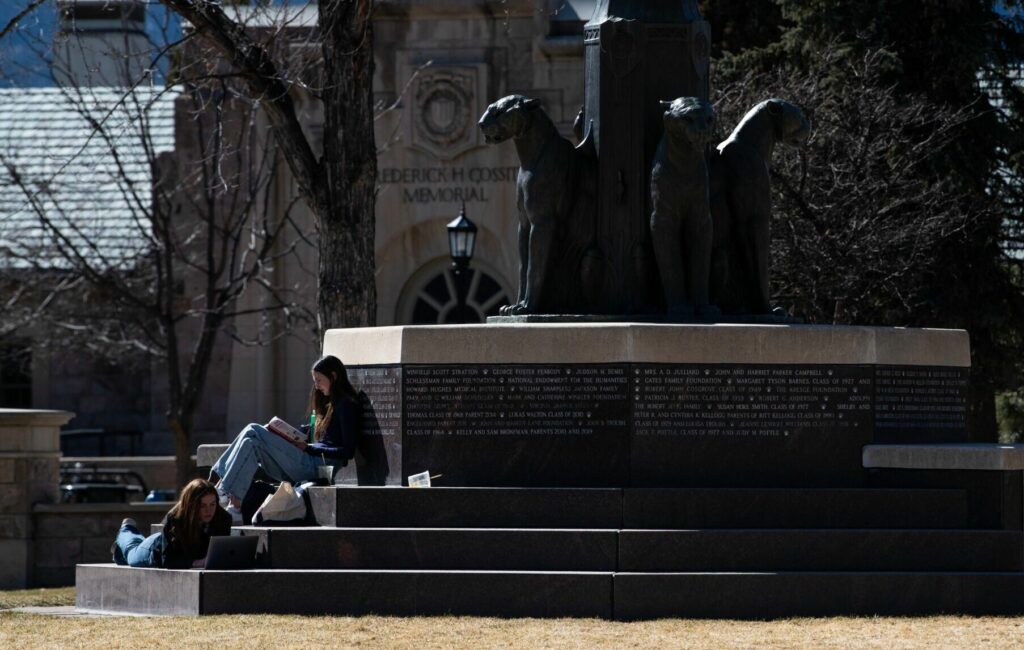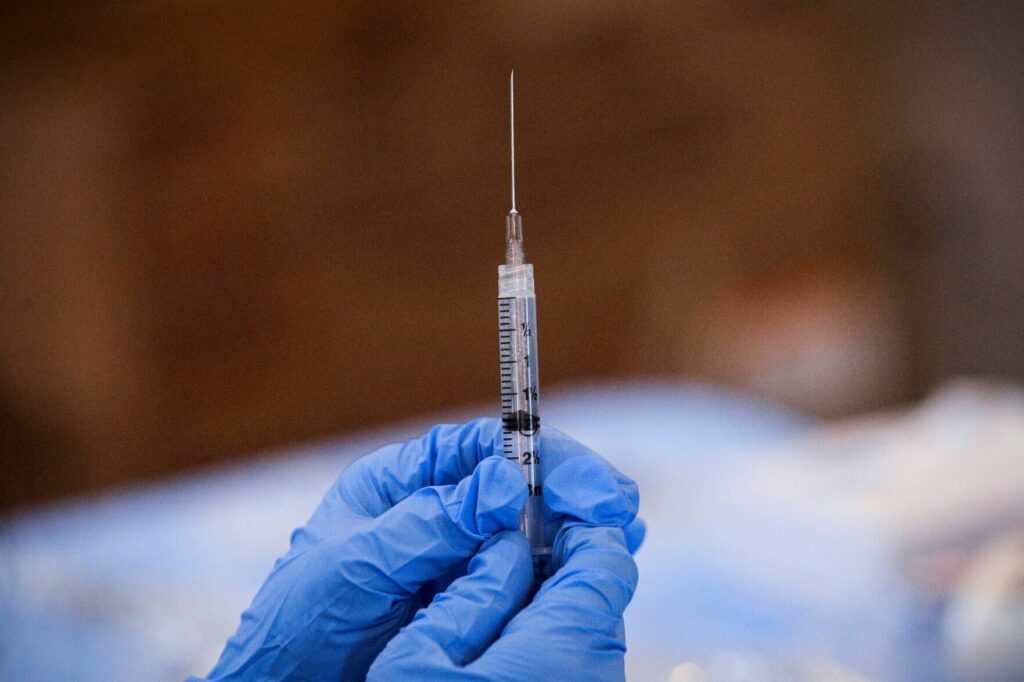Judge declines to block CU Anschutz’s vaccination policy

A federal judge declined to halt enforcement of the University of Colorado’s vaccination policy for the Anschutz Medical Campus, finding the university’s interest in keeping people safe from COVID-19 outweighs the objections of a handful of staff and students.
U.S. District Court Judge Raymond P. Moore indicated CU’s current protocol is rational and does not discriminate against anyone on the basis of religion. He also had strong words for those who asserted that people’s personal, faith-based beliefs about vaccines can trump community health measures.
“It is simply not the case that a medical campus is required to put patients and others in a healthcare environment at risk to accommodate these plaintiffs,” Moore wrote in a Jan. 27 order. “And during this pandemic, which has placed unprecedented burdens on healthcare workers, the court finds the public interest is not served by adding to that burden additional uncertainty about colleagues’ vaccination status.”
Courts across the country continue to weigh in on the legality of various forms of COVID-19 vaccination mandates. Earlier in January, the U.S. Supreme Court blocked a Biden administration vaccine-or-testing regulation for larger employers, while permitting a similar rule affecting health care workers to take effect. Moore himself recently tossed a lawsuit challenging the U.S. military’s vaccine requirement, albeit on procedural grounds.
On Friday, the plaintiffs indicated they are appealing Moore’s decision to the U.S. Court of Appeals for the 10th Circuit.
“Medical schools and healthcare institutions across the country have safely accommodated thousands of students and employees with religious objections to the available COVID vaccines, but the University of Colorado is instead expelling and firing these selfless healthcare providers,” said Peter Breen, vice president and senior counsel of the Thomas More Society, which is litigating the lawsuit.
Eleven women and seven men who were medical staff and students joined a lawsuit against the university by claiming that the Anschutz campus’s COVID-19 vaccination policy violates their First Amendment religious exercise rights. Many of them offered faith-based objections, and claimed the university would take adverse action against them for asserting their beliefs. Some referenced the use of fetal cell lines in the research and development of the vaccines.
The current version of the CU policy took effect on Sept. 24 and allows for employee exemptions based on sincerely-held religious beliefs, but not if doing so results in an undue burden to the health and safety of others. A federal magistrate judge earlier this month allowed the 18 plaintiffs (one of whom has since left the litigation) to remain anonymous, based on the hostility that exists toward people who choose to be unvaccinated.
The plaintiffs argued that the university treated those with medical exemptions differently from those seeking religious ones. They also contended that they are “dispersed throughout discrete locations on and off of the Anschutz Medical Campus,” meaning the risk from being unvaccinated would allegedly be lower.
One doctor with the pediatric intensive care unit at Children’s Hospital Colorado in Colorado Springs – which is affiliated with CU’s medical school – applied for an exemption under the Anschutz campus’s policy because, “as a faithful Catholic, I uphold the dignity and sanctity of every human life and firmly oppose abortion and the evil involved in the use of cell lines derived from abortions.” CU denied her request, citing her work with sick children.
Lawyers for the university shot back that CU Anschutz personnel are regularly treating children who contract COVID-19, and the counties surrounding the campus all have high rates of community transmission.
“It is hard to imagine a case where the public interest is more directly and adversely impacted by the granting of the injunction than the one before the court,” the Attorney General’s Office wrote on behalf of the university. “Regardless of the type of exemption sought, unvaccinated providers and students are not allowed to work in facilities with immunocompromised patients.”
Moore denied the request for an injunction to block the policy, finding the university has a compelling interest at stake. He also waved aside objections that students are unable to receive religious exemptions under the policy, saying campus employees and students are not comparable.
“If students outnumber employees at CU Anschutz, granting religious exemptions for them could significantly undermine the university’s goal of protecting the health and safety of patients, faculty, and staff,” he reasoned.
Breen, the attorney representing the plaintiffs, said he hopes the 10th Circuit will rule that the university must treat religious requests for exemptions the “same way that those with medical contraindications to the vaccines have been accommodated.”
The case is Doe et al. v. University of Colorado et al.



